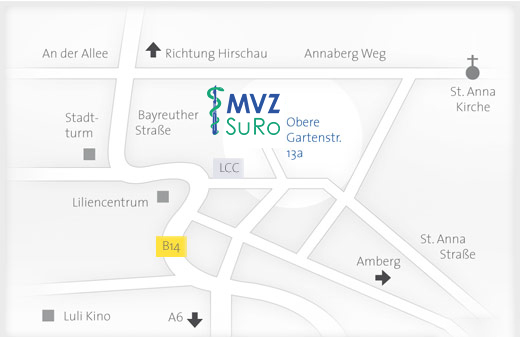Outpatient surgery
When a surgery is due, a trip to the hospital is often unnecessary. Today, surgeons in private practice perform many surgeries on an outpatient basis. Up to 70% of all surgeries can be performed on an outpatient basis without any disadvantages for patients. On the contrary, there are even many advantages for them: the medical quality does not differ from a clinic, because outpatient surgeries are subject to the same strict safety and hygiene requirements. In addition, you will receive very personal care from your surgeon and his team. In a preliminary consultation, he will inform you in detail about the procedure. This means that you will already be familiar with the surgeon on the day of the surgery – a bit of reassurance in an unfamiliar situation.
With an office-based surgeon, you can be sure that you will always be operated on by a specialist.
With an office-based surgeon, you can be sure that you will always be operated on by a specialist. A few hours after the operation (often sooner) and a follow-up check-up in the practice clinic, you can be discharged. You can recover from the procedure in your familiar surroundings and with your usual rhythm of life. This is particularly advantageous for children: For them, a hospital stay is often associated with separation from their parents – an additional burden to being sick or injured.


